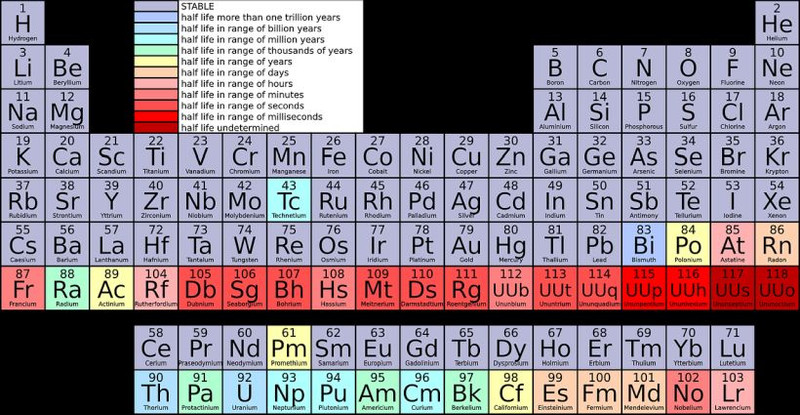Without minerals, our cells wouldn't be able to function properly, and without properly functioning cells, we would be in a world of hurt. Minerals are inorganic substances that naturally occur in water, rocks and soils, and work their way into plants and animals. Rocks and soils are not on our recommended daily consumption list, but we can get what we need by eating plant-based food and the meat from animals who likewise eat plants, as well as from water, per eatbalanced.com. Minerals can't be produced by our bodies, so we must get them from a wholesome diet loaded with mineral-rich foods, being on the lookout for the 10 essential minerals – calcium, iodine, iron, magnesium, manganese, phosphorous, potassium, selenium, sodium and zinc, per zliving.com. They play their respective roles in contributing to a healthy mind and body, performing duties such as helping us to maintain a heathy heart rate to building strong bones to boosting our brainpower. There also are micro-minerals, more commonly referred to as trace minerals. These come in smaller quantities but are nonetheless needed for our bodies to operate properly. These include boron, chromium, cobalt, copper, germanium, lithium, molybdenum, rubidium, silicon, and vanadium. The list may sound like the building materials for building a house, although it might be a valid analogy in describing what essential and trace minerals pitch in to do. Calcium is the most abundant of our body's minerals, joining with phosphorous and magnesium to help build and preserve strong, healthy teeth while also giving our bones strength and density, per healthyeating.sfgate.com. It's not just a one-time deal with our bones, either; they are consistently being reabsorbed and reformed by our bodies. A deficiency of calcium, caused by illness or poor nutrition fostered by poor eating habits, can lead to osteoporosis, a degenerative condition rendering our bones brittle and less dense. Summarizing the Benefits of Minerals Of the many roles that minerals perform in our bodies, here are some of the more significant:
- Skeletal. We already know that several minerals – calcium chief among them – are involved in building and maintaining our bones and teeth. Good sources include milk and other dairy products as well as green leafy vegetables and canned fish.
- Immune system. Several minerals are involved in our immune health; including the trace mineral, zinc. It assists our body in warding off infections while also working to heal wounds and repair cells. Zinc can be found in meat and legumes. Calcium and selenium also play roles.
- Nerve and muscle function. This is where potassium comes in – the potassium you can find, of course, in bananas, as well as dates, tomatoes, green leafy veggies, citrus fruits and legumes such as lentils and peas, per healthyeating.sfgate.com. What potassium does is help regulate the water balance in the cells of nerves and muscles, allowing nerves to generate impulses for our body movements and for muscles to contract and flex.
- Enzymes. These simply won't work without minerals, and cells can't function without enzymes – this is where we get our vitality.
- Tissue growth. Our muscles are connected to bone at the joints, per livestrong.com, by connective tissues known as tendons and ligaments. Minerals working in tandem with vitamins can help repair damage and reduce inflammation of these tissues.
- pH balance. Minerals play a vital roll in maintaining a proper balance between acidity and alkalinity in our blood, with a reading on the 0-to-14 scale of 7.4 – slightly alkaline – considered optimal, per traceminerals.com.
- Energy production. Oxygen is a prerequisite for producing energy, and it's up to our red blood cells to transport oxygen to all our cells, where energy can then be generated. This is where heme, a component of iron, comes into play, binding to oxygen so that it can be carried. Not enough iron in our blood can lead to anemia, a source of fatigue and weakness.

